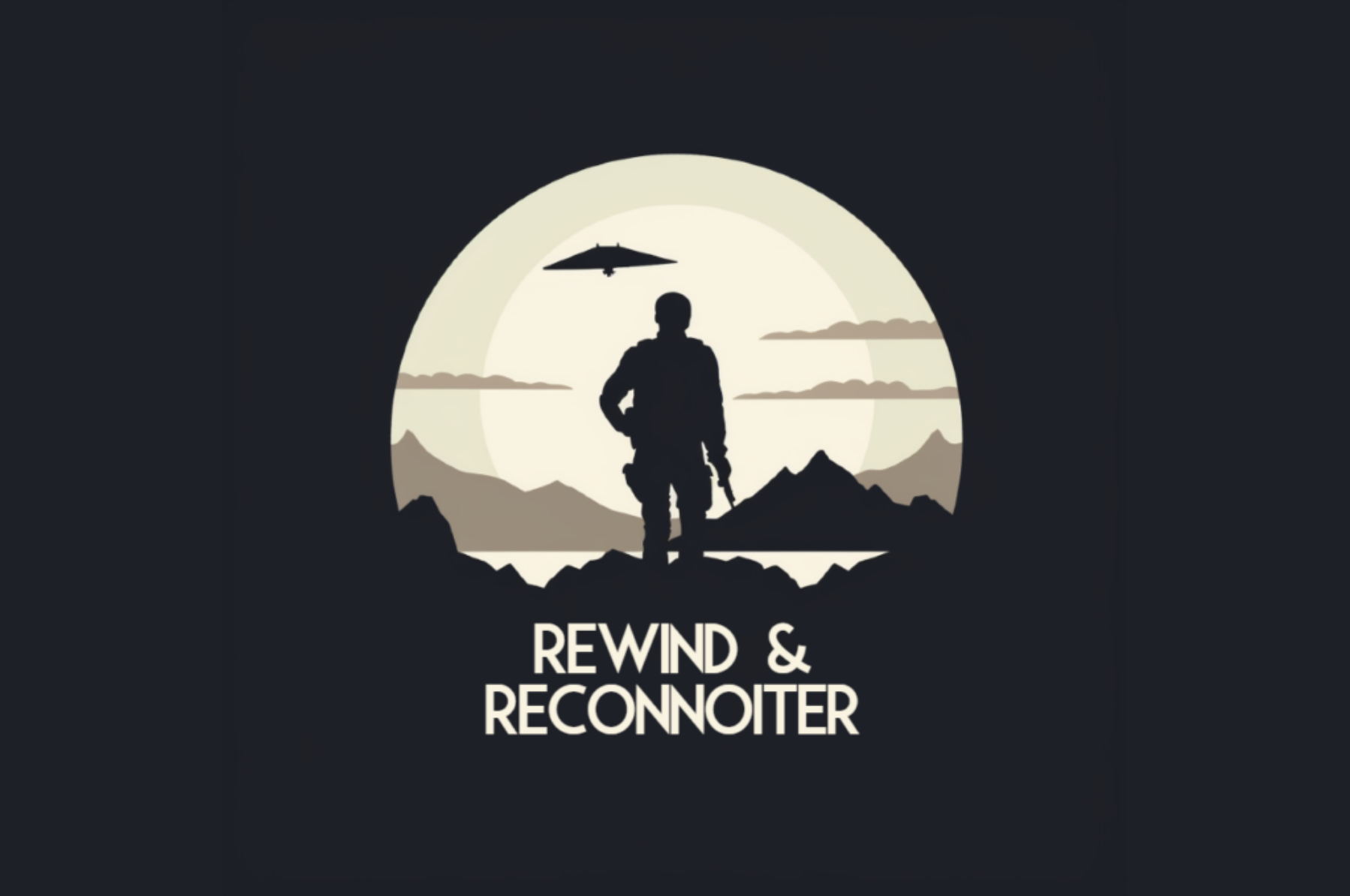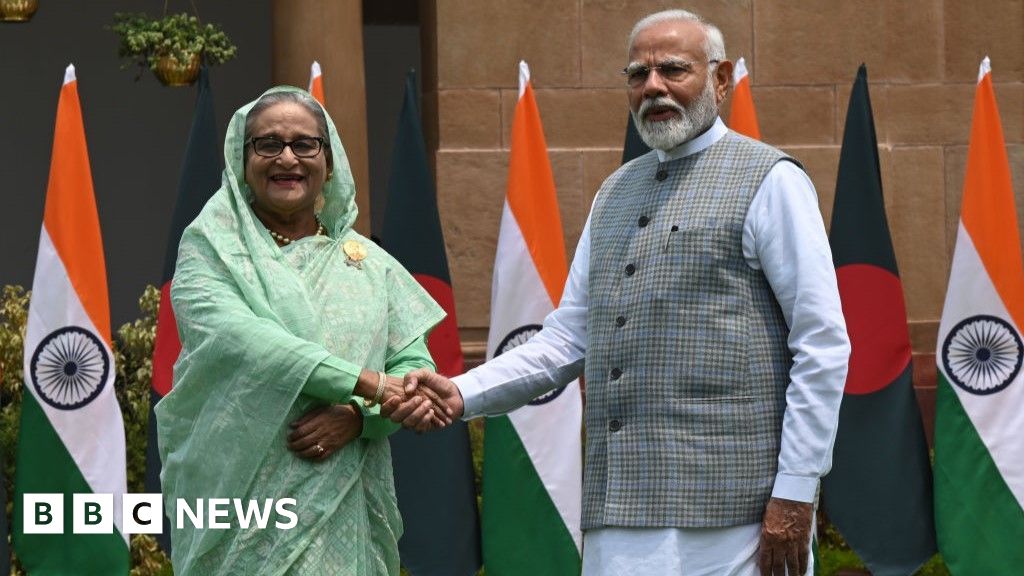Euronews Digital Summer: AI needs no more rules, says EU Commission tech chief
Roberto Viola discusses Europe’s technological edge and future challenges. ADVERTISEMENT The European Union doesn’t need additional AI regulations, according to Roberto Viola, Director General of DG CONNECT, the European Commission’s department responsible for the regulation of digital technologies. In the final episode of our Euronews Digital Summer series, Viola discusses the complexities of triggering the … The post Euronews Digital Summer: AI needs no more rules, says EU Commission tech chief appeared first on WorldNewsEra.

Roberto Viola discusses Europe’s technological edge and future challenges.
The European Union doesn’t need additional AI regulations, according to Roberto Viola, Director General of DG CONNECT, the European Commission’s department responsible for the regulation of digital technologies.
In the final episode of our Euronews Digital Summer series, Viola discusses the complexities of triggering the “digital industrial revolution” and maintaining Europe’s lead in technology, especially in areas like platform regulation, artificial intelligence, and cybersecurity.
Viola has led DG CONNECT since 2015 and holds a Doctorate in Electronic Engineering. Before his current role, he served as the Secretary General of AGCOM, Italy’s media and telecom regulator. His career also includes leadership positions in various European regulatory bodies.
As the formation of the new College of Commissioners takes shape, Viola reflects on his experience within the European Commission and the challenges that lie ahead for Europe’s digital future.
Euronews: What do you see as the main priorities for the upcoming Commission?
Roberto Viola: The new Commission is stepping in at a pivotal moment for Europe. We are facing a complex international landscape, with conflict at our borders and uncertainties about the future of our economy and competitiveness. Major global events are influencing politics around the world, which will impact Europe as well.
Technology has become central to our industrial strategy, competitiveness, and efforts to achieve sustainability. For example, we need advanced technology for batteries, solar panels, and more efficient alternative energy distribution.
All of this involves new materials, AI, and the digitisation of energy grids. There is a fundamental connection between improving control of our energy systems and increasing the digitisation of those systems.
Euronews: What more needs to be done in the field of AI?
Viola: AI is a dynamic and rapidly evolving field, and it’s crucial for enhancing competitiveness and productivity. To advance further, Europe needs to invest in top-tier computing infrastructure to develop cutting-edge algorithms.
Building an ecosystem around these infrastructures—what we call AI factories—will foster collaboration between startups, researchers, and established industries to drive innovation.
It’s also vital for SMEs and smaller companies to adopt AI. As AI continues to develop, we must ensure that regulations are straightforward yet effective in safeguarding citizens.
I don’t think additional AI regulation is needed. Now we have the AI Act, which is a very comprehensive act that now needs to be applied.
Together with the other parts of the European rulebook: the Digital Services Act (DSA), the Digital Markets Act (DMA) and the Data Act, they form the enabling rules of Europe for the future. For the time being, I think the priority should be enforcing those rules that exist.
Euronews: Do you think it is important to have some level of globally harmonised enforcement rules?
Viola: Yes, I believe it is crucial, especially when collaborating with international partners and allies, to achieve a shared understanding of how to govern AI and its development. We have established strong working relationships with several AI safety offices globally, particularly with the US AI Safety Office.
We are committed to maintaining these connections and cooperating with the safety offices in the UK, Japan, Korea, and Canada to form a coalition of like-minded countries with similar objectives.
We are also active in implementing the G-7 principles concerning AI regulation.
Euronews: The European Commission is currently hiring for its AI Office and to strengthen its DSA unit. How challenging is it to find the right talent for these roles?
Viola: Initially, I anticipated that finding the right skilled talent would be quite challenging. In reality, however, we have received hundreds of applications. I like to joke that it’s because people want to work on the “right side of the force”.
We are seeing a particularly strong interest from young professionals eager to join the European Commission and contribute to the safety of AI and social media. Also, we have candidates from the private sector who wish to apply their experience to serve all European citizens, which is greatly appreciated.
We are currently in the first wave of recruitment for the AI Office, and new team members are starting to join us. We are also making significant progress in recruiting for the DSA and DMA teams, which are rapidly becoming strong, dynamic teams. I am continually impressed by the level of expertise we have been able to assemble in such a short period.
Euronews: How can the Commission ensure that the EU stays at the forefront of emerging technologies like quantum computing?
Viola: Alongside AI, the quantum 2.0 revolution represents a significant shift in our economy and society, influencing virtually every aspect of our activities. Quantum computing holds the promise of unlocking more powerful algorithms for AI, aiding the discovery of new materials, enhancing quantum sensing capabilities for advancements in medicine, and improving the detection of natural resources. The potential is immense, and Europe cannot afford to miss this opportunity.
To address this, we are making substantial investments in research and technology. In fact, public investment in this area is where Europe excels on a global scale. However, we are currently lagging in attracting private capital, which is crucial for complementing public investment. Convincing commercial companies and investors to commit to quantum technologies—especially in comparison to the United States—is essential. Public investment alone will not be sufficient to achieve a transformative leap forward.
Euronews: Do you anticipate new cybersecurity legislation from the upcoming Commission? A review of the EU Cybersecurity Act, CSA, is still on the agenda?
Viola: Cybersecurity involves protecting critical companies, citizens, and infrastructure. This requires both advanced technology and effective implementation of existing systems and rules, such as the Cyber Resilience Act, which applies cybersecurity measures to every device.
We are enhancing our technology capabilities and member state cooperation, including through security operation centres that utilise AI, as part of the Cyber Solidarity Act. We are also bolstering our emergency response capacities.
The review of the EU Cybersecurity Act, which sets the rules for cyber certification, has been completed. We are awaiting the new Commission to assess what is working and what needs improvement, such as streamlining and simplifying legislation.
As highlighted in the President’s guidelines, we also aim to improve the resilience of our healthcare system, which remains the most vulnerable area in cybersecurity.
Euronews: How would you assess the work done by the Commission during the past mandate?
Viola: The last five years have been unprecedented in many ways. It’s quite ironic that the Commission’s digital strategy was published at the beginning of February 2020, just before the world changed with the lockdown. We demonstrated that society could continue functioning during lockdown through digital technologies, such as e-signatures and Covid certificates.
These years have been about building capabilities, establishing rules, and laying the groundwork. The next five years will be crucial for refining these initiatives and using them to enhance Europe’s competitiveness.
This effort is part of a broader ten-year vision known as the Digital Decade. While we’ve seen progress in the first five years, we’ll need to assess how the next phase unfolds to fully evaluate our success.
One area where progress is still needed is the digital industrial revolution. The digital industrial revolution hasn’t clicked yet. Europe’s economy is strong in traditional industries, but the growth of new companies, particularly those scaling beyond the start-up phase.
Euronews: You’ve been Director-General of DG CONNECT since 2015. Are you already considering the next steps in your career?
First and foremost, we need to see how the Commission’s organisation and leadership will be structured. Once that is clearer, we can discuss my future. For now, my priority remains focused on the current role and responsibilities.
World News || Latest News || U.S. News
Source link
The post Euronews Digital Summer: AI needs no more rules, says EU Commission tech chief appeared first on WorldNewsEra.














